 How on Earth’s Beth Bennett talks with authors Ridge Shinn and Lynne Pledger about how regenerative grazing can replace corn-based feedlots, which are responsible for significant climate emissions, nitrogen pollution, and animal suffering. Their book, Grass-Fed Beef for a Post-Pandemic World, outlines a hopeful path out of our broken food system via regional networks of regeneratively produced meat. They talk about how this ancient method of animal husbandry can restore degraded farmland, increase biodiversity, combat climate change by reducing emissions and sequestering carbon and produce nutrient-dense, healthy meat for consumers. More information at Big Picture Beef.
How on Earth’s Beth Bennett talks with authors Ridge Shinn and Lynne Pledger about how regenerative grazing can replace corn-based feedlots, which are responsible for significant climate emissions, nitrogen pollution, and animal suffering. Their book, Grass-Fed Beef for a Post-Pandemic World, outlines a hopeful path out of our broken food system via regional networks of regeneratively produced meat. They talk about how this ancient method of animal husbandry can restore degraded farmland, increase biodiversity, combat climate change by reducing emissions and sequestering carbon and produce nutrient-dense, healthy meat for consumers. More information at Big Picture Beef.
Also, Shelley Schlender talks with Sarah Johnson, a professor of food, science and human nutrition at Colorado State University, about a recent study indicating that in mice prone to artery disease, those that ate belgian endive reduced the instability of artery plaques. That may be important, because in people, unstable plaques can trigger heart attacks.
Hosts: Joel Parker, Beth Bennett
Producer: Joel Parker
Additional contributions: Shelley Schlender
Executive Producer: Susan Moran
Listen to the show:
Podcast: Play in new window | Download (Duration: 27:01 — 37.1MB)
Subscribe:
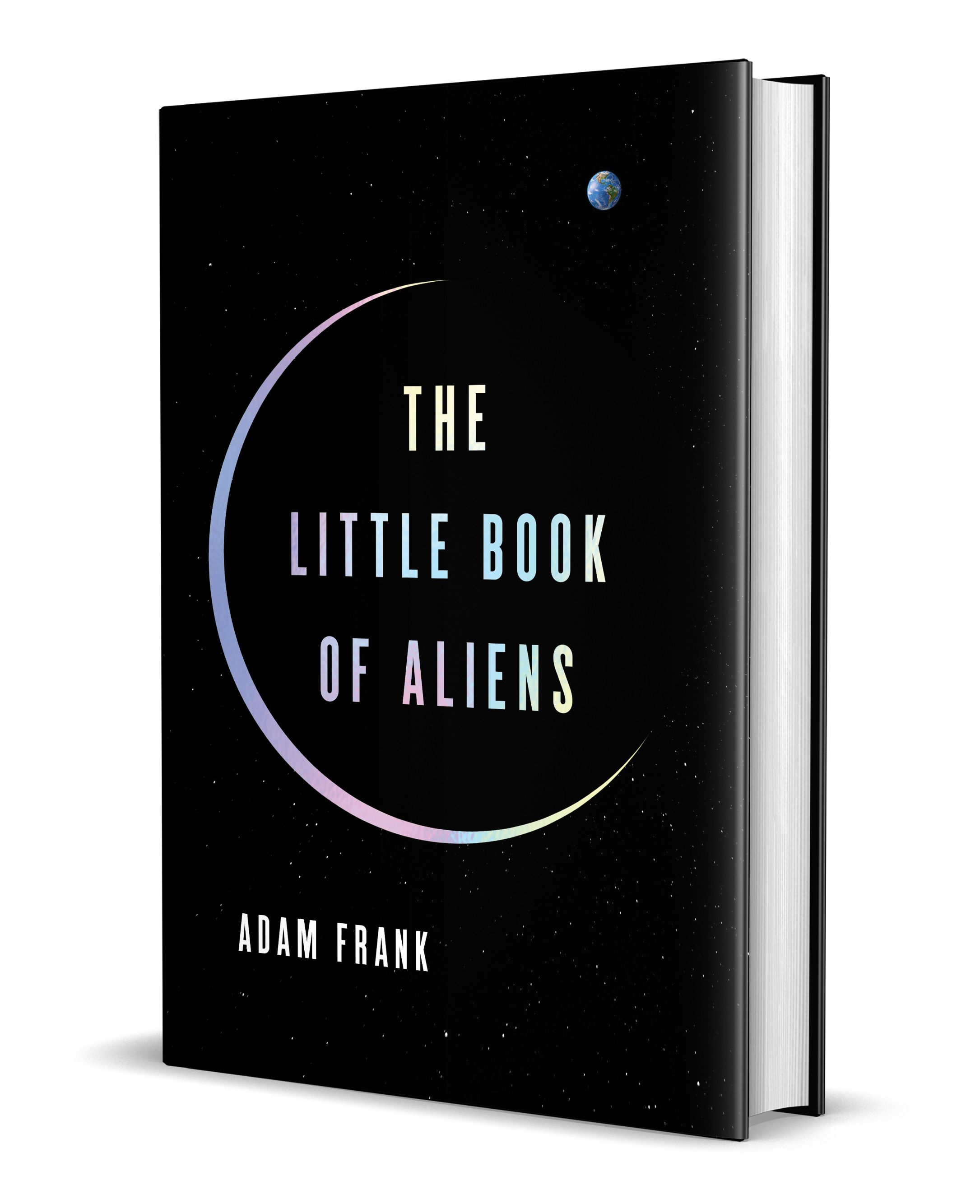 In this Halloween episode, we talk with Dr. Adam Frank, an astrophysicst/astrobiologist at the University of Rochester, about his recent book: The Little Book of Aliens. We hear some of the stories and learn about the science of life “out there” – astrobiology – and the past, present, and future search for extraterrestrial intelligence.
In this Halloween episode, we talk with Dr. Adam Frank, an astrophysicst/astrobiologist at the University of Rochester, about his recent book: The Little Book of Aliens. We hear some of the stories and learn about the science of life “out there” – astrobiology – and the past, present, and future search for extraterrestrial intelligence.


 How on Earth’s Beth Bennett talks with authors
How on Earth’s Beth Bennett talks with authors 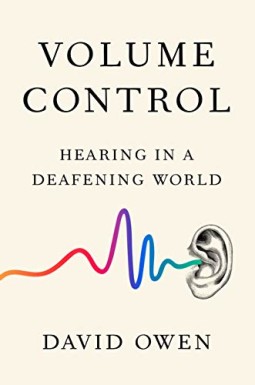 Starting this week, the FDA has approved the
Starting this week, the FDA has approved the 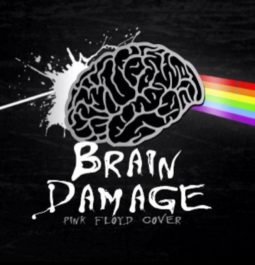
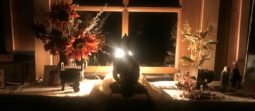
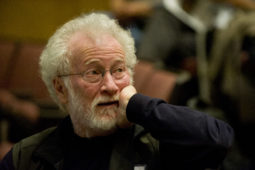
 Heartbreak in Our Bodies: (start time: 6:58) This week on How On Earth, host Susan Moran talks with science journalist
Heartbreak in Our Bodies: (start time: 6:58) This week on How On Earth, host Susan Moran talks with science journalist 

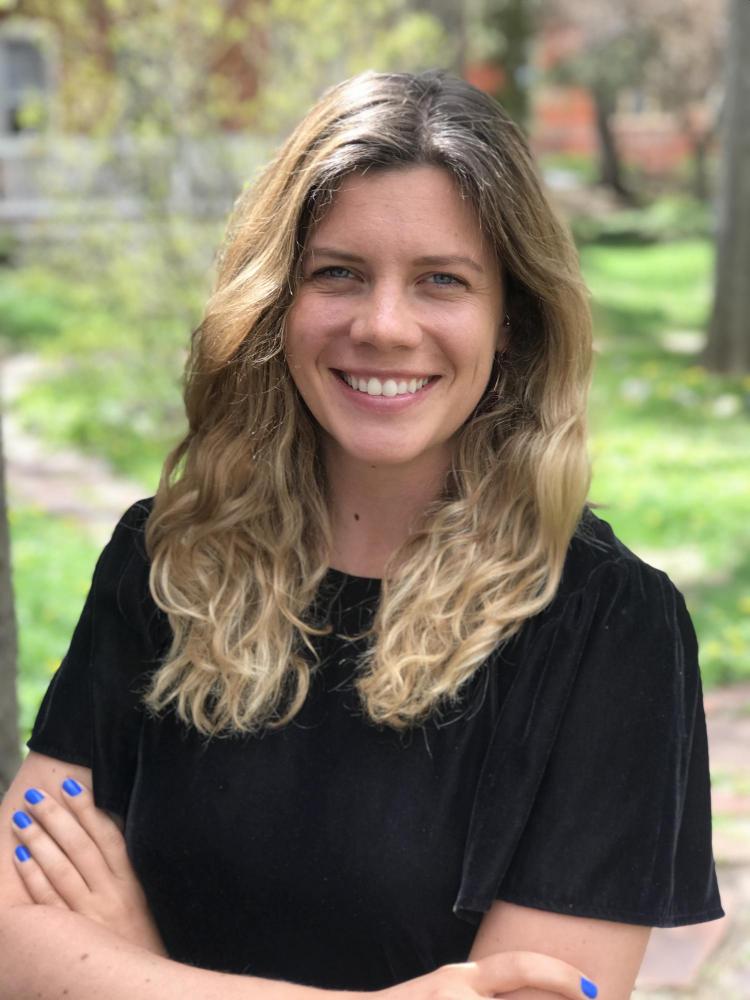
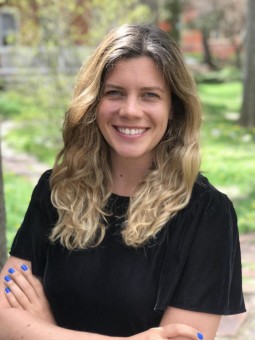
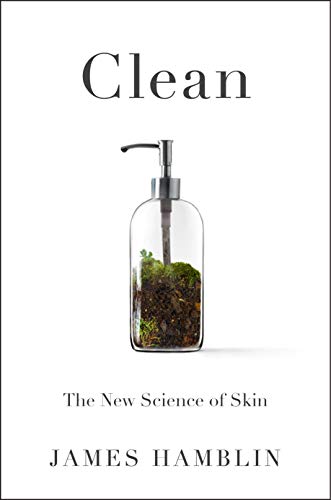
 How clean is “clean”? How do you get clean, and how important is it…could it actually be advantageous to your skin and general health to not try to get too clean? We talk with medical doctor and author
How clean is “clean”? How do you get clean, and how important is it…could it actually be advantageous to your skin and general health to not try to get too clean? We talk with medical doctor and author 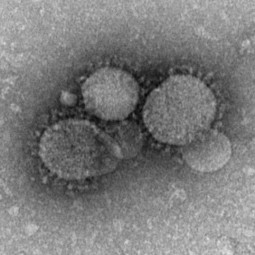
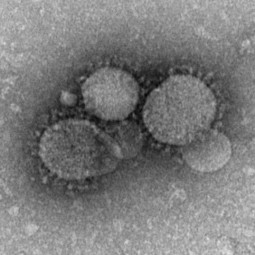 This week on How on Earth, we are still producing off site. Beth and Angele give an update on treatment and transmission of the corona virus and Shelley interviews CU Boulder scientists Anushree Chatterjee and Prashant Nagpal who explain the pros and cons of using old medicines to fight Covid-19, and they describe some new “medicines” in the future, and how to speed up their development.
This week on How on Earth, we are still producing off site. Beth and Angele give an update on treatment and transmission of the corona virus and Shelley interviews CU Boulder scientists Anushree Chatterjee and Prashant Nagpal who explain the pros and cons of using old medicines to fight Covid-19, and they describe some new “medicines” in the future, and how to speed up their development.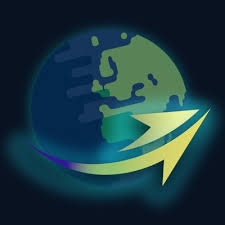
 This episode talks about research about COVID-19, angiotensin converting enzyme (ACE), and targeted therapies, and our feature is an interview with
This episode talks about research about COVID-19, angiotensin converting enzyme (ACE), and targeted therapies, and our feature is an interview with